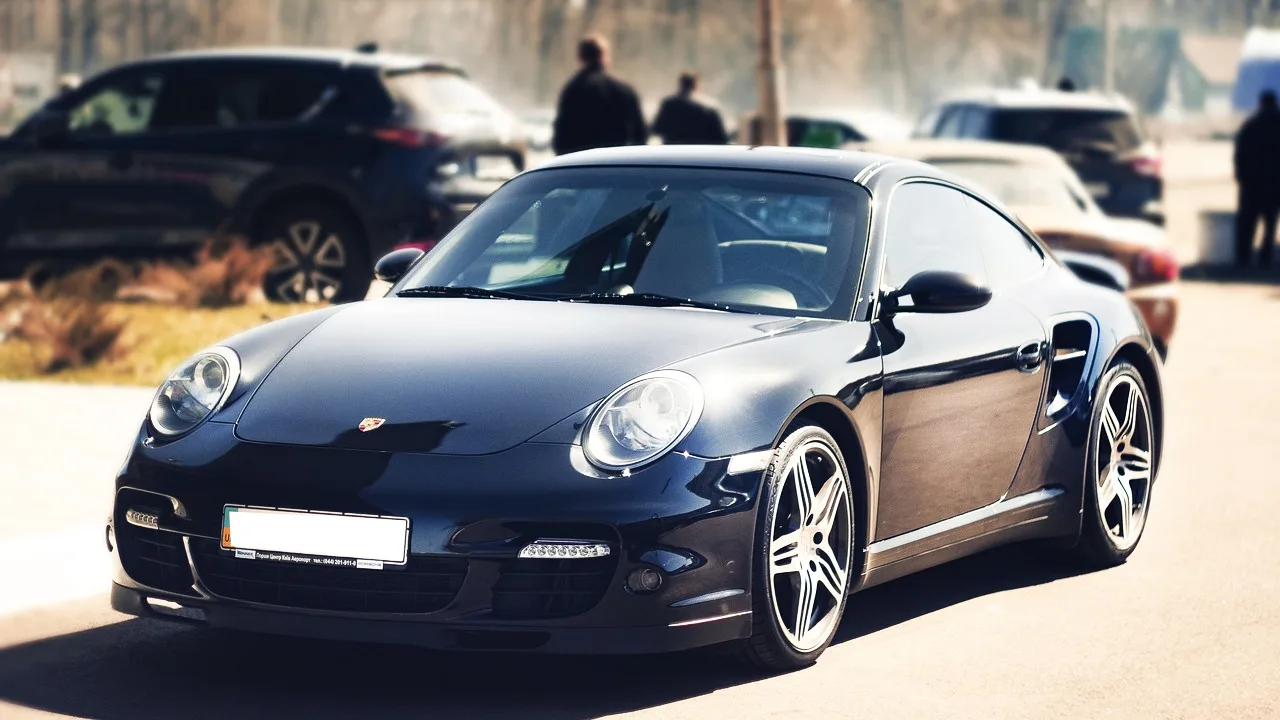Porsche, the iconic German automaker, is renowned for its luxury, performance, and engineering excellence. The brand’s vehicles often come with hefty price tags, leaving many enthusiasts and consumers wondering: Why are Porsches so expensive? This question delves into various facets of Porsche’s heritage, engineering philosophy, craftsmanship, and market positioning. To truly understand the reasons behind the high price of Porsche vehicles, one must examine the brand’s history, technology, materials, and the overall automotive landscape.
Why Porsche Is So Expensive?
1. Heritage and Prestige
Porsche boasts a rich heritage that spans over seven decades. Founded in 1931 by Ferdinand Porsche, the company has built a legacy of innovation, performance, and craftsmanship. Over the years, Porsche has produced some of the most iconic sports cars in automotive history, including the 911, Boxster, Cayman, and Panamera. This heritage and prestige contribute significantly to the brand’s perceived value and justify the premium pricing of its vehicles.
2. Engineering Excellence
One of the primary reasons behind the high cost of Porsche cars is the brand’s relentless pursuit of engineering excellence. The performance, handling, and driving dynamics of Porsche automobiles are incomparable. The company invests heavily in research and development to push the boundaries of automotive technology. Every feature of a Porsche, from cutting-edge motor technologies to sophisticated aerodynamics, is engineered and developed to provide an outstanding driving experience.
3. Innovative Technology
Porsche is at the forefront of automotive innovation, constantly introducing new technologies to enhance performance, efficiency, and safety. The brand’s commitment to innovation is evident in its lineup of hybrid and electric vehicles, such as the Porsche Taycan. These vehicles feature state-of-the-art electric drivetrains, regenerative braking systems, and advanced battery technology.
4. Precision Craftsmanship
Craftsmanship is a hallmark of Porsche’s manufacturing process. Each Porsche vehicle is hand-assembled with meticulous attention to detail by skilled artisans and technicians. From the stitching on the leather seats to the precision alignment of body panels, every element of a Porsche reflects the brand’s commitment to excellence.
5. High-Quality Materials
Porsche spares no expense when it comes to materials used in its vehicles. Every material used in a Porsche, from premium leather and Alcantara upholstery to lightweight aluminum and carbon fiber, is picked for its high caliber, long-lasting design, and visual appeal. These high-quality materials not only enhance the comfort and luxury of Porsche interiors but also contribute to the overall performance and longevity of the vehicle. However, using such high-quality materials must eventually raise production costs, which implies consumers will pay more.
- Audi GT50 Concept: A Loud Reminder of Why Car Enthusiasts Fell in Love With Audi
- Nearly 30% of UK Drivers Believe Car Tax Should Be Based on Mileage — Survey
- Why Planes and Boats Escaped the Luxury Tax But Cars Didn’t
- Australia’s Headlight Confusion: Authorities Warn Drivers After Viral $250 Headlight Rule Goes Wild Online
- 2025 Hyundai Venue Facelift Launched in India – Full Details, Variants, and Price
6. Exclusivity and Limited Production
Porsche maintains a deliberate strategy of exclusivity and limited production, which further contributes to the high cost of its vehicles. Porsche maintains stringent control over production levels to preserve a sense of rarity and desirability, in contrast to mass-market automakers that produce thousands of vehicles daily. This limited availability enhances the exclusivity of Porsche cars and justifies their premium pricing in the eyes of consumers. Owning a Porsche is not just about driving a car; it’s about belonging to a select community of enthusiasts who appreciate the finer things in life.
7. Research and Development Costs
Significant research and development (R&D) expenses are associated with developing a new Porsche model. From conceptualization to prototyping and testing, every stage of the R&D process demands significant financial investment. Porsche devotes a sizeable amount of its revenue to research and development to keep its cars at the forefront of automotive innovation. This investment in cutting-edge technology and engineering expertise inevitably adds to the overall cost of Porsche cars but underscores the brand’s commitment to pushing the boundaries of automotive excellence.
8. Brand Image and Perception
The Porsche brand carries a certain cachet and prestige that transcends the realm of automobiles. It is synonymous with success, performance, and a luxury lifestyle. For many consumers, owning a Porsche is not just about having a mode of transportation; it’s about making a statement and aligning with the values and aspirations associated with the brand. This strong brand image and perception allow Porsche to command premium prices for its vehicles, as consumers are willing to pay a premium to be part of the exclusive Porsche ownership experience.
9. Economic Factors
Finally, various economic factors contribute to the high cost of Porsche vehicles. Fluctuations in raw material prices, currency exchange rates, and global economic conditions can impact production costs and pricing strategies. Additionally, regulatory requirements related to emissions standards, safety regulations, and manufacturing practices may necessitate investments in technology and infrastructure, further influencing the overall cost structure of Porsche cars.
In summary, several factors, including heritage, engineering prowess, cutting-edge technology, fine craftsmanship, premium materials, performance, exclusivity, R&D expenses, brand image, and economic considerations, contribute to the high cost of Porsche vehicles. While some may view Porsche cars as prohibitively expensive, enthusiasts and connoisseurs recognize them as symbols of automotive passion, craftsmanship, and performance innovation. Ultimately, the price of a Porsche reflects not just the cost of manufacturing but also the intangible value of owning a piece of automotive history and experiencing driving pleasure at its finest.
